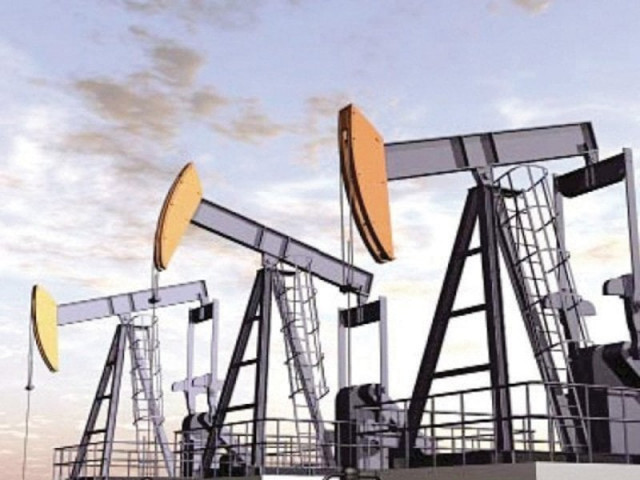Pakistan Petroleum Limited: Brushing tension aside, govt to float PPL stake
PC board to approve base price for 5% PPL shares in today’s meeting.

As the government grapples with its first political standoff in the last one year, the privatisation czar, Mohammad Zubair, has decided to go ahead with the planned offer of Pakistan Petroleum Limited’s (PPL) shares despite growing concerns of a less enthusiastic response by investors.
The government will press on with the PPL share float in the capital market and sell 5% shares through the Secondary Public Offering as any decision to postpone the plan will be more damaging than under-subscription of shares, according to officials of the Privatisation Commission (PC).

They added the PC was facing a unique situation as just two weeks ago it was handling a transaction that saw an overwhelming response from foreign and domestic investors on the back of year-long efforts to stabilise political and economic conditions.
“We are going ahead with PPL’s share offer,” said PC Chairman Zubair while talking to The Express Tribune.
He said the PC board would meet on Wednesday to approve the base price for offloading 5% of government shares in PPL, a company that contributes over 20% of natural gas supplies in the country.
The events following police crackdown on Pakistan Awami Tehreek’s (PAT) workers have raised questions in the minds of investors, particularly foreign investors. The success of the privatisation plan largely hinges on economic and political stability as any disturbing images may derail the entire process that formally began just two weeks ago with the completion of the first transaction of United Bank Limited.
The government sold its remaining 19.8% shares in UBL through a book-building process. The deal was struck at $387 million and 81% of shares were bought by foreign investors. Foreign buyers including Morgan Stanley, Wellington and Templeton had shown interest in the bank.
Critics say the government’s mishandling of events before and after the arrival of PAT chief Dr Tahirul Qadri in the country may hurt its ambitious privatisation plan that also includes about a dozen capital market offers. Ten people lost their lives when police allegedly opened fire at PAT workers ahead of Qadri’s return to Pakistan.
Under the $6.7-billion loan programme, the government has committed to the International Monetary Fund that it will reduce its stake in state units and complete at least two dozen privatisation transactions in two to three years.
Of the state’s 78% shareholding in PPL including 7.4% shares held by employees, the government has already given the go-ahead to offload 5% shares, which are expected to bring a revenue of Rs20 billion. In 2004, 15% of PPL shares were sold at Rs5.6 billion.
On Tuesday, PPL’s share was traded at Rs211.58, 0.82% lower than previous day. Like UBL, PPL’s shares will also be sold at a discount, which will be determined by the PC board and subsequently approved by the Cabinet Committee on Privatisation the same day.
However, the discount is expected to be less than that offered for UBL shares, as PPL’s share price has remained broadly stable over the last few months.
The government expected the offer to evoke private sector’s interest, which may also subdue the fallout of the political and law and order situation, said PC officials.
“No one will buy the shares if they are offered at a premium instead of a discount,” said Zubair, pointing out that throughout the region, discounts were given on capital market transactions.
PPL shares will also be sold through the book-building process but due to the small size of the offer, the government believes, domestic investors will purchase bulk of the shares.
The country hopes to raise about $2 billion or Rs198 billion in privatisation revenues in the next fiscal year, as it plans to sell shares in other profitable enterprises like Oil and Gas Development Company, Habib Bank and Allied Bank.
Published in The Express Tribune, June 25th, 2014.
Like Business on Facebook, follow @TribuneBiz on Twitter to stay informed and join in the conversation.



















COMMENTS
Comments are moderated and generally will be posted if they are on-topic and not abusive.
For more information, please see our Comments FAQ